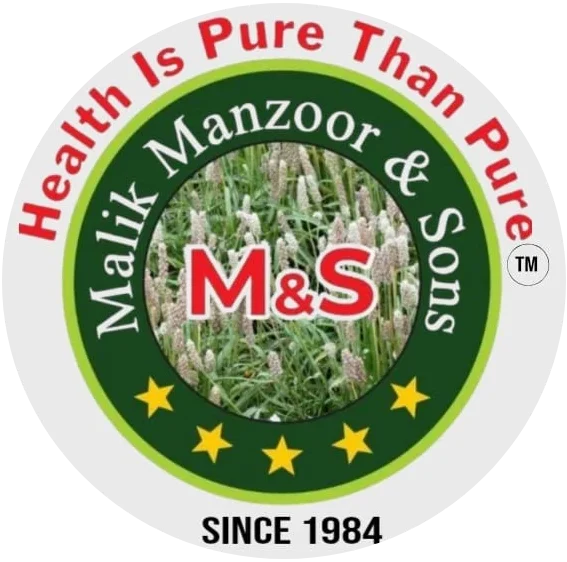What Is Isabgol Husk? Your Complete Guide to Nature’s Digestive Powerhouse – 2025
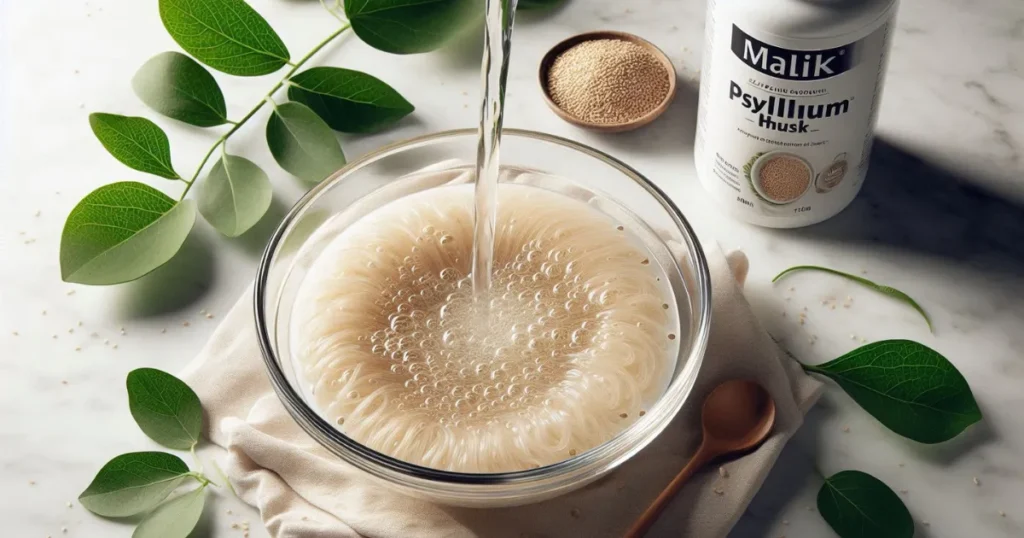
After decades of growing, processing, and supplying psyllium across six continents, I’m often asked one fundamental question: What is isabgol husk? It’s remarkable how something so simple – a tiny seed coating – has transformed millions of lives worldwide. Whether you know it as isabgol, psyllium husk, or ispaghula husk, this natural fiber has been humanity’s digestive ally for centuries. In this guide, I’ll share everything you need to know about this incredible plant-based solution, from its origins to practical daily applications, backed by real-world experience and scientific validation.
Understanding Isabgol Husk: The Basics
Let me start with the fundamentals. Psyllium husk isabgol comes from the seeds of Plantago ovata, a plant that thrives in specific climatic conditions. The husk is the outer coating of these tiny seeds, and when separated and processed correctly, it becomes one of nature’s most effective sources of soluble fiber.
Here’s what makes it special: when psyllium husk what is it contacts water, it swells dramatically – up to 10 times its original size – creating a gel-like substance. This unique property is exactly why it works so effectively in your digestive system.
Key characteristics:
- 70-80% soluble fiber content
- Virtually tasteless and odorless
- Absorbs water rapidly
- Forms a viscous gel
- Passes through digestion largely intact
The name “isabgol” comes from Persian words meaning “horse ear,” referring to the seed’s shape. In Pakistan, where we produce the world’s finest quality psyllium, it’s been part of traditional wellness practices for generations.
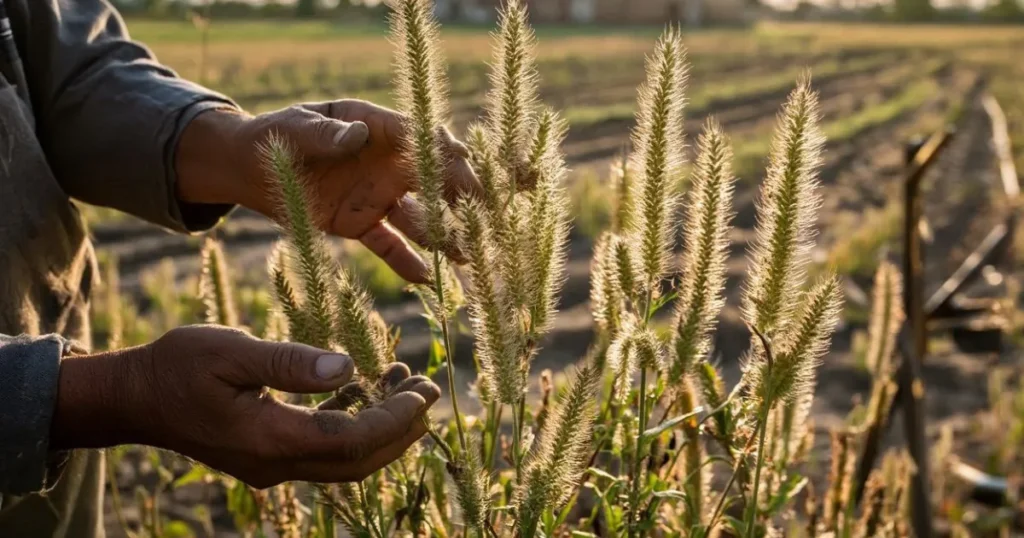
The Science Behind Psyllium Husk Isabgol: How It Works
Understanding what is ispaghula husk means understanding its mechanism. When you consume it with adequate water, the soluble fiber creates bulk in your intestinal tract. This isn’t just filler – it’s functional bulk that serves multiple purposes.
The gel formation slows down digestion, which helps regulate blood sugar levels by preventing rapid glucose spikes. Simultaneously, this bulk stimulates peristalsis – the wave-like muscle contractions that move food through your digestive system.
The process works in four stages:
- Hydration: Husk absorbs water in your stomach
- Gel formation: Creates a viscous, soft mass
- Transit: Moves smoothly through the intestines
- Elimination: Facilitates comfortable bowel movements
I’ve watched this transformation under laboratory conditions countless times, and it never ceases to amaze me how nature designed such an elegant solution.
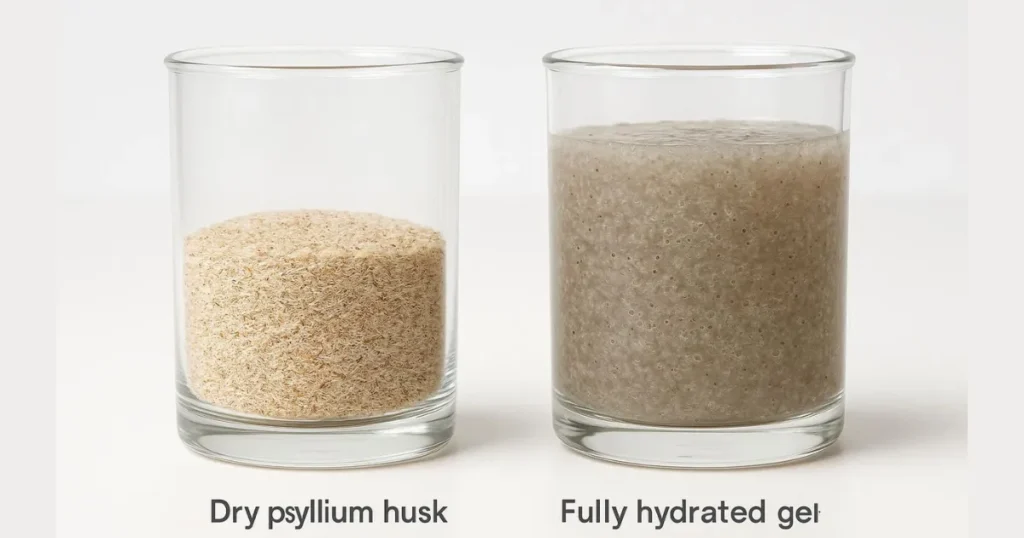
Digestive Health Benefits: What I’ve Witnessed
Over thirty years working with psyllium, I’ve heard thousands of success stories. The digestive benefits of isabgol aren’t just theoretical – they’re proven through both research and real-world results.
For constipation relief:
The bulking action provides gentle, natural relief without the harsh effects of chemical laxatives. Unlike stimulant laxatives, psyllium husk isabgol works with your body’s natural rhythms. Most people notice improvements within 12-72 hours.
For diarrhea management:
Surprisingly, it also helps with loose stools. The gel absorbs excess water in your intestines, adding form to waste. This dual action makes it unique among fiber supplements.
For overall gut health:
Regular use promotes beneficial gut bacteria growth. The fiber serves as a prebiotic, feeding the good microorganisms that support immunity, mood, and nutrient absorption.
I always emphasize starting with small amounts – one teaspoon mixed in water – and gradually increasing as your system adapts.

Beyond Digestion: Comprehensive Health Applications
When people ask, “psyllium husk what is it used for beyond digestion,” I explain that its benefits extend surprisingly far.
Cholesterol management:
Multiple clinical studies confirm that 5-10 grams daily can reduce LDL cholesterol by 5-10%. The soluble fiber binds to bile acids containing cholesterol, removing them from your body. Your liver then uses existing cholesterol to produce more bile acids, effectively lowering blood cholesterol levels.
Blood sugar control:
For individuals managing diabetes or prediabetes, what is isabgol husk becomes particularly relevant. The gel slows carbohydrate absorption, preventing dangerous sugar spikes after meals. I recommend taking it 30 minutes before meals for optimal effect.
Weight management:
The fiber creates a feeling of fullness, reducing overall calorie intake naturally. It’s not a magic weight loss solution, but it supports healthy eating habits by controlling hunger between meals.
Heart health:
By addressing both cholesterol and blood pressure, isabgol contributes to cardiovascular wellness. Some studies suggest it may reduce systolic blood pressure by 2-3 points.
Practical Usage Guide: Getting It Right
Let me share what I’ve learned works best. The key to success with psyllium husk isabgol lies in proper preparation and consistent use.
Basic preparation method:
- Start with 1 teaspoon (about 5 grams).
- Mix thoroughly in 250ml water or juice.
- Drink immediately before it thickens.
- Follow with another glass of water.
- Take 30-60 minutes before or after medications.
Timing matters: Morning consumption on an empty stomach works well for digestive regularity. Before meals helps with appetite control and blood sugar management.
Dosage progression:
- Week 1: 5 grams once daily.
- Week 2: 5 grams twice daily.
- Week 3+: 10-15 grams daily (split doses).
Never exceed 30 grams daily without medical supervision. I’ve seen people make the mistake of taking too much too quickly, leading to bloating and discomfort.
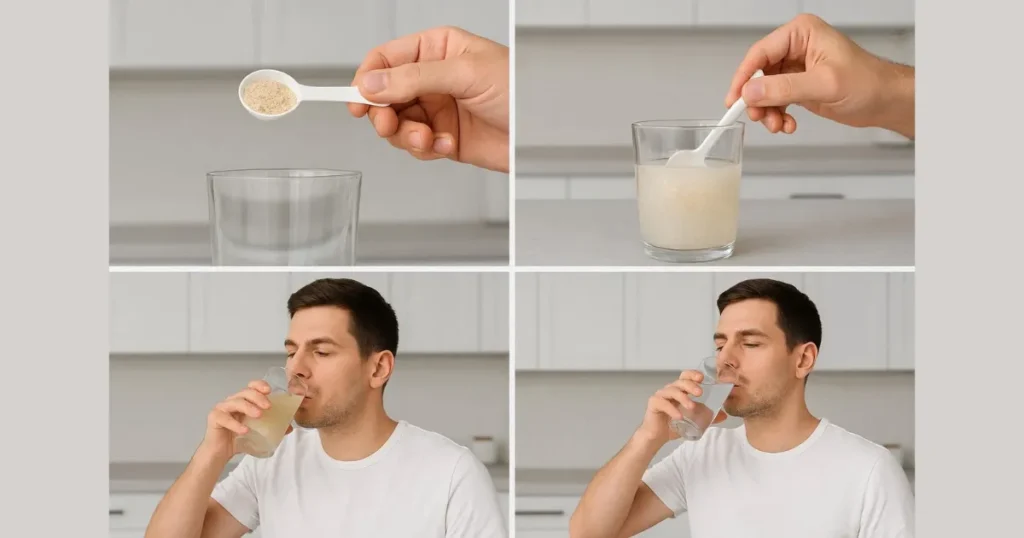
Critical rule: Always consume adequate water – at least 2 liters daily. Insufficient hydration can cause the opposite of the intended effects, potentially leading to intestinal blockage.
Common Myths and Misconceptions Debunked.
In my decades of experience, I’ve encountered numerous misunderstandings about what is ispaghula husk and how it works.
Myth 1: “It’s just a laxative”
Reality: While it relieves constipation, it’s actually a fiber supplement with multiple health applications. Calling it merely a laxative undersells its comprehensive benefits.
Myth 2: “All psyllium is the same quality”
Reality: Source matters tremendously. Pakistan-grown psyllium, particularly from our region, has superior purity (95-99%) and swelling index compared to other origins. Climate, soil composition, and processing methods create significant quality variations.
Myth 3: “You’ll become dependent on it”
Reality: Unlike chemical laxatives, psyllium doesn’t cause dependency. Your digestive system doesn’t “forget” how to work. You can stop anytime without withdrawal effects.
Myth 4: “It causes weight gain”
Reality: Despite adding bulk, isabgol contains virtually zero calories. The gel passes through largely undigested, taking waste with it.
Myth 5: “It works instantly”
Reality: Natural solutions require patience. Expect 1-3 days for initial effects, with optimal results appearing after 2-4 weeks of consistent use.
Side Effects and Precautions: What You Should Know.
Transparency matters. While generally safe, psyllium husk isabgol can cause issues if used incorrectly.
Potential side effects:
Bloating and gas:
Usually temporary, lasting 1-2 weeks as your system adjusts.
Allergic reactions:
Rare but possible, especially in people with grass allergies.
Medication interaction:
Can reduce absorption of certain drugs.
Choking hazard:
If not mixed properly with adequate liquid.
Who should exercise caution:
People with esophageal disorders, bowel obstructions, or difficulty swallowing should consult healthcare providers before use. Pregnant and nursing women should seek medical advice, though it’s generally considered safe.
Red flags requiring immediate medical attention:
- Severe abdominal pain.
- Difficulty swallowing after consumption.
- Chest pain or pressure.
- No bowel movement after 7 days of use.
I always recommend consulting a healthcare provider before starting any supplement regimen, especially if you have existing health conditions.
Quality Matters: Pakistan’s Superior Psyllium.
Here’s something crucial about understanding what is isabgol husk: origin determines quality. Pakistan, particularly the regions where Malik Psyllium operates, produces the world’s highest-quality psyllium due to unique environmental factors.
Why Pakistani psyllium stands apart:
- Purity levels: 95-99% versus 85-90% from other regions.
- Swelling index: Higher gel-forming capacity.
- Color and texture: Lighter, finer consistency.
- Minimal contamination: Strict quality protocols.
- Climate advantage: Optimal temperature and rainfall patterns.
Quality indicators to look for:
- Light cream to white color.
- Fine, powdery texture.
- Minimal black seed particles.
- Strong swelling when mixed with water.
- Neutral taste and smell.
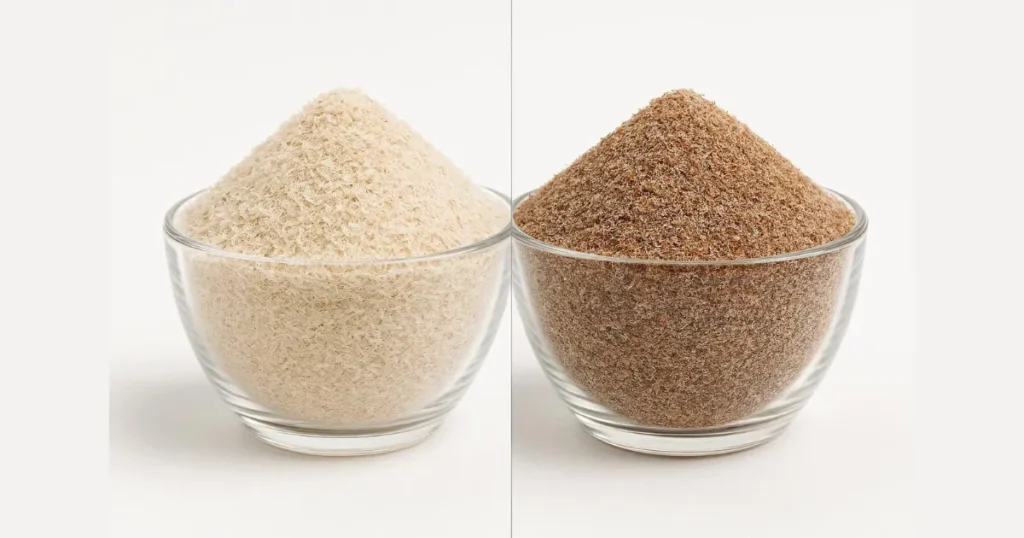
I’ve personally overseen thousands of shipments globally, and quality testing at every stage ensures what leaves our facilities meets pharmaceutical-grade standards.
Global Market Insights and Availability.
The global psyllium market has grown exponentially. When people search “psyllium husk what is it” today, they’re part of a massive shift toward natural health solutions.
Market trends:
- Global demand is increasing 8-12% annually.
- North America and Europe are the largest consumers.
- Growing interest in Asian and Middle Eastern markets.
- Medical professionals increasingly recommending fiber supplementation.
Forms available:
- Whole husk: Traditional form, maximum fiber content.
- Powder: Finely ground, easier to mix.
- Capsules: Convenient but require more units.
- Fortified foods: Bread, cereals, and supplements.
When sourcing, look for suppliers with transparent cultivation and processing practices. At Malik Psyllium, we maintain complete traceability from farm to final product – something I consider non-negotiable for quality assurance.
Incorporating Isabgol into Daily Life.
Let me share practical ways I’ve seen people successfully integrate psyllium husk isabgol into their routines.
Morning ritual:
Mix into your morning smoothie with fruits, yogurt, and protein powder. The fiber blends seamlessly while adding no flavor.
Baking applications:
Add 1-2 tablespoons to bread, muffin, or pancake batter for extra fiber. It also works as a gluten-free binding agent.
Salad dressings:
Whisk into vinaigrettes for thickness and added nutrition without altering taste.
Soups and stews:
Stir in during the last few minutes of cooking as a natural thickener.
Homemade energy bars:
Combine with oats, nuts, dried fruits, and honey for fiber-rich snacks.
Pro tip: Keep it in an airtight container away from moisture. Proper storage maintains effectiveness for 2-3 years.
Scientific Validation: What Research Shows.
Understanding what is ispaghula husk from a scientific perspective reinforces confidence in its use.
Key research findings:
A 2018 meta-analysis in the American Journal of Clinical Nutrition examined 28 trials involving 1,924 participants. Results showed psyllium supplementation reduced total cholesterol by 0.375 mmol/L and LDL cholesterol by 0.278 mmol/L.
Research published in Diabetes Care demonstrated that 5.1 grams of psyllium before meals improved glycemic control in type 2 diabetes patients, reducing post-meal glucose levels by 11%.
A study in the Appetite journal found participants consuming psyllium reported 20% greater satiety and consumed 10% fewer calories throughout the day compared to control groups.
Clinical applications:
Many gastroenterologists now prescribe psyllium as first-line treatment for irritable bowel syndrome (IBS), particularly the constipation-predominant type.
The European Food Safety Authority (EFSA) has approved health claims for psyllium relating to bowel function maintenance and cholesterol reduction – regulatory validation that confirms its therapeutic value.
Real Stories From Three Decades.
Beyond data, human experiences reveal the true impact of understanding what is isabgol husk.
I’ve worked with athletes who use it for digestive consistency during training. A marathon runner from Germany contacted me after isabgol helped her overcome race-day digestive issues that had plagued her for years.
A chef in Dubai incorporates it into restaurant dishes as a healthy thickening agent, serving thousands of people who don’t even realize they’re consuming beneficial fiber.
Parents have shared how it helped their children develop healthy bathroom habits without medication or discomfort.
These aren’t marketing claims – they’re real outcomes from people who discovered psyllium’s versatility and effectiveness.
Comparison With Other Fiber Sources.
When exploring psyllium husk what is it compared to alternatives, several factors emerge.
Psyllium vs. Flaxseed:
Psyllium: 70% soluble fiber, neutral taste, better for constipation.
Flaxseed: 30% soluble, nutty flavor, adds omega-3 fatty acids.
Psyllium vs. Chia Seeds:
Psyllium: Pure fiber source, minimal calories.
Chia: Additional protein and fats, more calories.
Psyllium vs. Wheat Bran:
Psyllium: Soluble fiber, gentle action.
Wheat Bran: Insoluble fiber, more aggressive, gluten present.
Psyllium vs. Methylcellulose:
Psyllium: Natural, additional health benefits.
Methylcellulose: Synthetic, purely mechanical action.
For pure fiber supplementation with cholesterol and blood sugar benefits, psyllium remains unmatched.
Special Considerations for Different Groups.
Different populations may wonder about what is isabgol husk in relation to their specific needs.
For diabetics:
Excellent tool for blood sugar management, but monitor levels closely initially as insulin requirements may decrease.
For elderly individuals:
Gentle and effective, particularly valuable as natural digestive function declines with age. Start with smaller doses.
For athletes:
Supports gut health during intense training, helps maintain regularity despite dietary changes, and aids recovery and nutrition absorption.
For children:
Generally safe from age 6+, but use half the adult dose and ensure adequate hydration. Always consult a pediatrician first.
For pregnant women:
While generally considered safe, always discuss with your obstetrician before starting any supplement.
Storage and Shelf Life.
Proper storage maximizes the benefits of psyllium husk isabgol.
Optimal conditions:
- Cool, dry environment (below 25°C).
- Airtight container to prevent moisture absorption.
- Away from direct sunlight.
- Separate from strong-smelling items.
Shelf life indicators:
Fresh psyllium should be light-colored and free-flowing. Clumping indicates moisture exposure, which reduces effectiveness. Properly stored psyllium maintains potency for 2-3 years from the production date.
I recommend buying from suppliers who provide manufacturing dates and proper packaging – another quality marker of professional operations.
Environmental and Sustainability Aspects.
As a grower, I’m passionate about sustainable psyllium cultivation.
Sustainable practices:
- Minimal water requirements compared to many crops.
- Natural pest resistance reduces chemical use.
- Crop rotation improves soil health.
- Biodegradable product with zero environmental impact.
- Packaging innovations using recyclable materials.
Pakistan’s psyllium industry supports thousands of farming families while maintaining environmental responsibility – something I’m proud to be part of.
Making the Right Choice.
When you understand what is isabgol husk comprehensively, making informed decisions becomes easier.
Quick selection checklist:
- Verify purity percentage (aim for 95 %+).
- Check origin (Pakistan offers superior quality).
- Examine color (light cream, not dark).
- Review testing certifications.
- Assess swelling capacity.
- Consider form (husk vs. powder vs. capsules).
- Evaluate supplier transparency.
Investment perspective:
Quality psyllium costs more initially but delivers better results with smaller quantities needed – ultimately more economical.
What is isabgol husk made from?
Isabgol husk comes from the outer coating of Plantago ovata seeds. It’s 70-80% soluble fiber, harvested and processed to create a pure, natural supplement with multiple health benefits.
How quickly does psyllium husk isabgol work?
Most people notice initial effects within 12-72 hours. Optimal digestive benefits appear after 1-2 weeks of consistent use. Cholesterol improvements typically take 4-6 weeks to manifest.
Can I take isabgol every day?
Yes, daily consumption is safe and recommended for the best results. Start with 5 grams daily, gradually increasing to 10-15 grams. Always consume with adequate water for safety and effectiveness.
What is ispaghula husk used for besides digestion?
Beyond digestive health, it effectively manages cholesterol levels, controls blood sugar, supports weight management, promotes heart health, and serves as a prebiotic for beneficial gut bacteria.
Does psyllium husk cause bloating?
Temporary bloating may occur during the first 1-2 weeks as your digestive system adjusts. This typically resolves naturally. Starting with small doses and increasing gradually minimizes this effect.
Is Pakistani or Indian psyllium of better quality?
Pakistani psyllium consistently demonstrates superior purity (95-99%), higher swelling index, and better gel-forming capacity due to optimal growing conditions, making it the preferred choice globally.
Can diabetics use psyllium husk isabgol?
Yes, it’s beneficial for diabetics as it slows carbohydrate absorption and helps control blood sugar spikes. However, monitor glucose levels closely initially and consult your healthcare provider.
What’s the difference between isabgol husk and powder?
Husk is the whole outer coating, while powder is finely ground. Both offer similar benefits, though powder mixes more easily. Husk provides slightly higher fiber content per gram.
Conclusion.
After spending decades cultivating, processing, and supplying psyllium husk isabgol worldwide, I’ve witnessed its transformative impact on countless lives. Understanding what is isabgol husk – from its botanical origins to its molecular action – empowers you to use it effectively and safely.
This isn’t just fiber; it’s a comprehensive wellness tool backed by centuries of traditional use and modern scientific validation. Whether you’re addressing digestive concerns, managing cholesterol, controlling blood sugar, or simply optimizing your health, psyllium offers a natural, gentle, and effective solution.
The key lies in consistency, proper hydration, and choosing quality sources. Pakistan’s superior growing conditions produce the world’s finest psyllium, and at Malik Psyllium, we’ve dedicated ourselves to maintaining these exceptional standards.
Remember that what is ispaghula husk represents more than a supplement – it’s a lifestyle choice toward better health. Start slowly, listen to your body, and give it time to work. The benefits develop progressively, creating lasting improvements rather than temporary fixes.
I encourage you to approach psyllium with informed confidence. You now understand its mechanisms, applications, benefits, and considerations. Whether you call it isabgol, psyllium, or ispaghula, you’re tapping into one of nature’s most reliable wellness solutions.
Your digestive health influences everything from immunity to mood to energy levels. By incorporating high-quality psyllium husk isabgol into your daily routine, you’re investing in comprehensive wellbeing. The journey to better health often begins with simple, natural solutions – and psyllium exemplifies this principle perfectly.
As you move forward, remember that quality matters tremendously. Choose suppliers who prioritize purity, transparency, and sustainable practices. Your body deserves the best, and understanding what makes superior psyllium helps ensure you receive exactly that.
Malik Shabbir
Featured Blogs
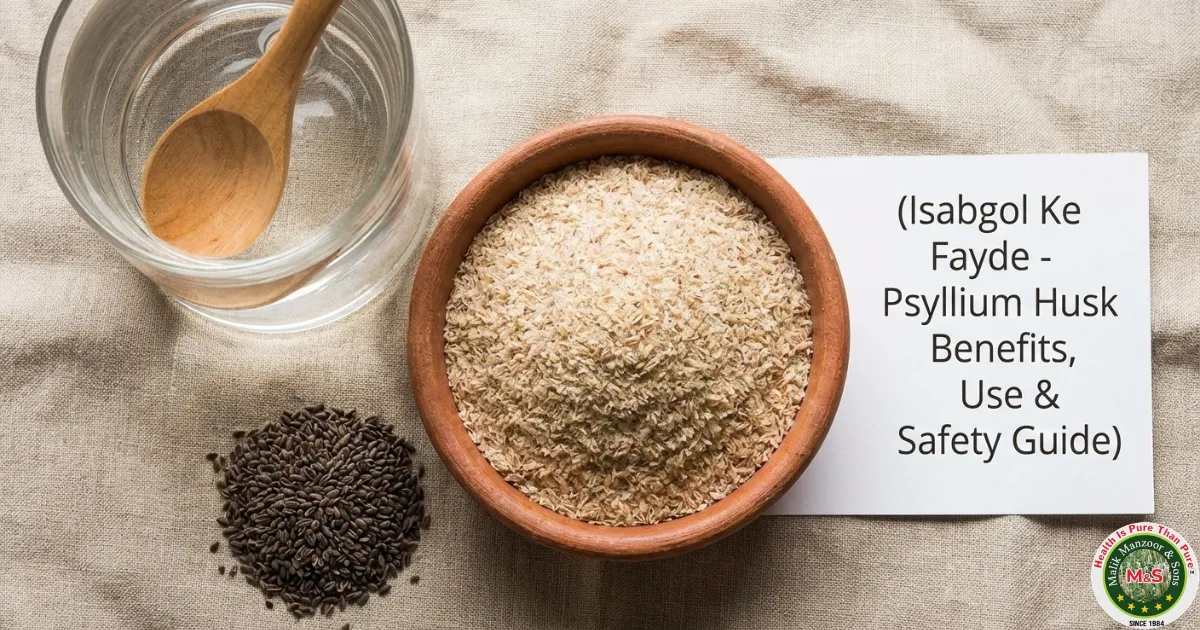
Isabgol Ke Fayde – Psyllium Husk Ke Poori Science-Based Rahnumayi – 2026
Isabgol ke fayde jaanna aaj ke daur mein zyada zaroori
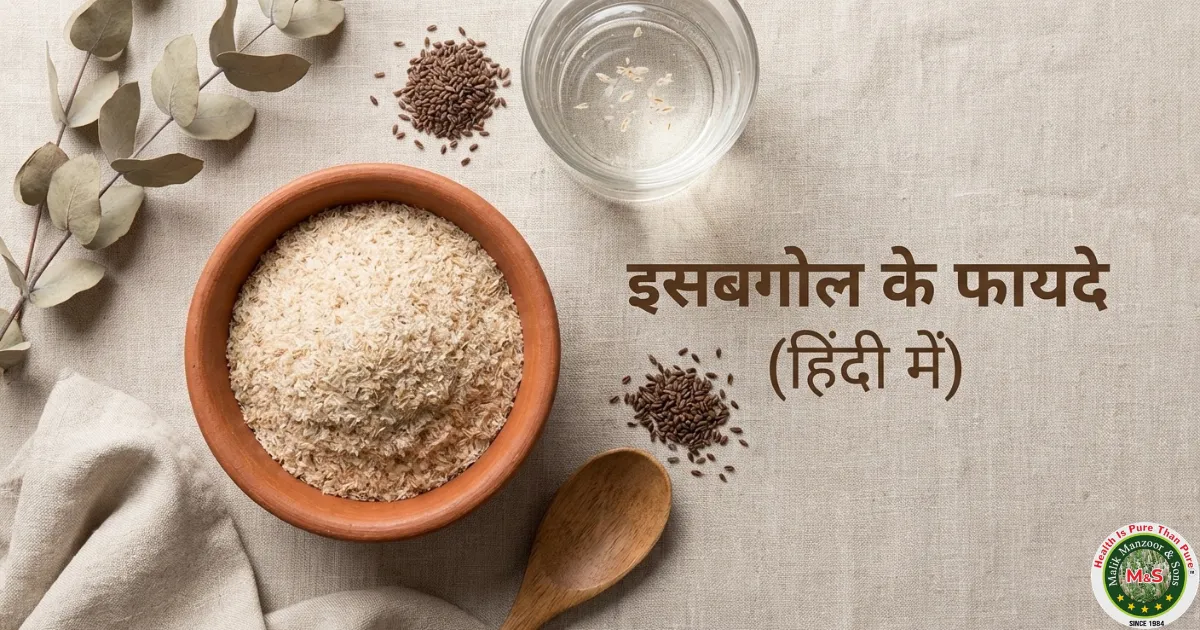
Isabgol Benefits in Hindi | Psyllium Husk Ke Fayde, Sahi Upyog Aur Savdhaniyan – 2026
Agar aap isabgol benefits in hindi mein samajhna chahte hain,
